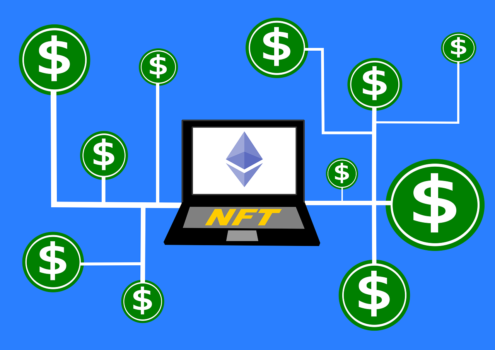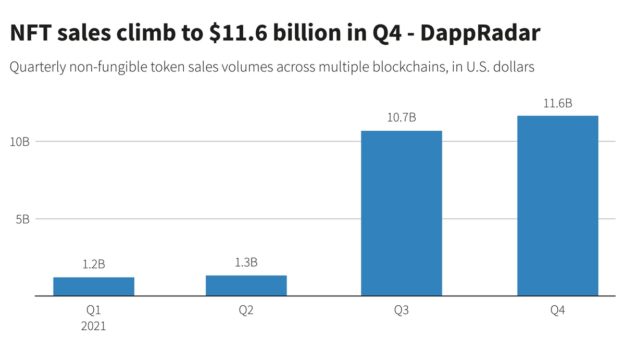
Plagiarism and scams are a serious problem in the NFT space — and it’s gotten so bad that one NFT marketplace has suspended almost all NFT sales on its platform.
Cameron Hejai, founder and CEO of Cent NFT marketplace, announced in a statement that Cent is removing the ability to sell NFTs on its platform.
It turns out bad actors were taking other people’s work and reminting it to trick them into purchasing counterfeits.
“Our response has been to ban the offending accounts, but we believe this approach is not sustainable,” Hejai said. “That’s why, effective today, we’re removing the ability to sell NFTs here.”

Hejai said it was only a temporary move until Cent could come up with a solution, and the only NFT transactions still allowed on Cent are those based on Tweets, which Cent calls its Valuables platform.
Cent isn’t the only NFT marketplace dealing with rampant plagiarism.
Hypergrid Business wrote just last month that OpenSea, the largest marketplace for NFTs, openly admitted over 80 percent of the items created using their free minting tool were plagiarized works, fake collections, and spam.
OpenSea tried to limit the number of NFTs a user could mint for free but quickly reversed the decision due to an immediate outcry from its users.
Though some might be confused why people spend money on items that don’t physically exist, it’s a rapidly growing space, and people are throwing more money than ever into NFTs.
Last year Jack Dorsey, CEO of Twitter and Square, sold his first tweet ever for $3 million on Cent as an NFT.
And according to data from market tracker DappRadar, NFT sales hit $25 billion dollars in 2021, approaching $12 billion in the final quarter of the year, compared to $95 million the previous year.

- OpenAI’s new reasoning AI model achieves human level results on intelligence test - January 2, 2025
- OpenAI’s new Point-E lets you generate 3D models with text - December 21, 2022
- Celebrity Cruises unveils virtual cruise experience - December 15, 2022
